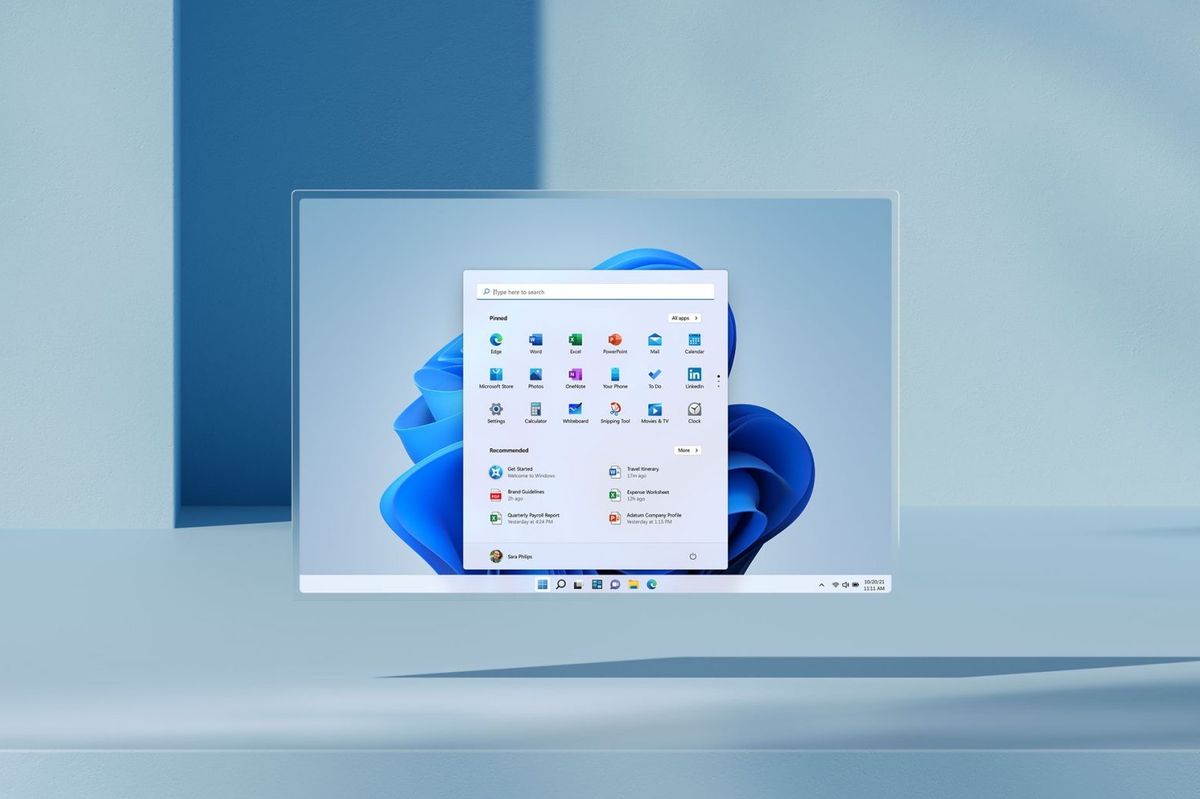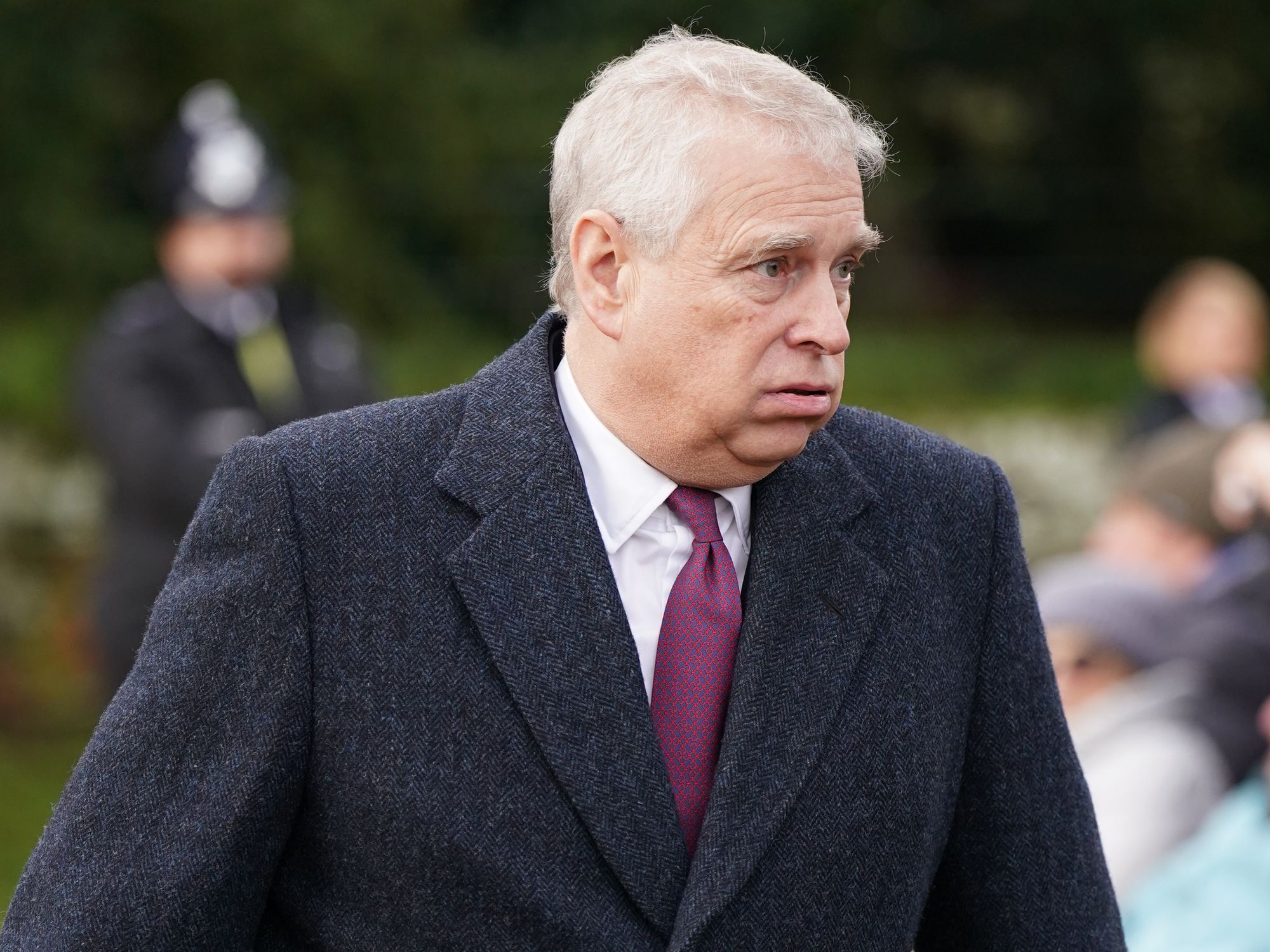If you've upgraded to the latest version of Windows 11, you're likely to experience issues when trying to connect to the internet via Wi-Fi
MICROSOFT PRESS OFFICE | GETTY IMAGES
Microsoft is investigating the latest glitch in Windows 11
- The latest cumulative update, KB5032288, is breaking Wi-Fi connections
- It blocks PCs from using free Wi-Fi networks in coffee shops and airports
- Downgrading your PC to the previous version will fix the issue for now
- Windows 10 users shouldn't see this as an excuse to avoid Windows 11
Don't Miss
Most Read
Trending on GB News
Struggling to connect to Wi-Fi on Windows 11? You’re not alone.
The latest update has introduced problems for millions of desktop PC and laptop owners when trying to connect to wireless networks. The widespread issues have left Windows 11 users unable to connect to Wi-Fi networks, leaving them unable to use emails, browse the web, or backup data.
The issues seem to be linked with the most recent cumulative update, dubbed KB5032288, according to reports from disgruntled users on the Windows Health Dashboard. The biggest complaints are linked to enterprise, education, and public Wi-Fi networks.
If you regularly travel with a laptop, connecting to Wi-Fi networks in coffee shops, airports, train stations, and your office — you might struggle to get internet access.
The silver lining? There aren’t anywhere near as many issues for Windows 11 users who rely on a home Wi-Fi network, based on reports on the Windows Health Dashboard. That means those with a desktop PC or a laptop that never leaves the house should avoid any connectivity complaints.
To check which version of Windows 11 you’re running, click on the Start button, then Settings > System > About. Under the Windows Specifications tab, you’ll find the exact edition and version.

Windows 11, pictured above with its trademark Start Menu in the centre of the screen, is the latest version of the operating system used by 1.4 billion people worldwide
MICROSOFT PRESS OFFICE
Microsoft has confirmed that it’s investigating the Wi-Fi complaints, so fingers crossed that a fix is on the way soon. If you do regularly rely on enterprise, education, and public Wi-Fi networks and haven’t updated to KB5032288 — we'd recommend holding off for now.
Several universities have issued emergency guidance to students, telling them to avoid the latest Windows 11 update. "If you have exams next week which require you to use your laptop on campus, please follow the instructions below to uninstall the update," Brunel University in London warned students in a post on its website.
Already installed KB5032288? Don’t worry, it’s possible to downgrade to the previous version of Windows 11 by heading to Start > Settings > Windows Update > Update history > Uninstall Updates.
If you’re tempted to avoid the Wi-Fi headaches by sticking with Windows 10, that’s not a good idea either. Windows 10, which remains the most popular version of Microsoft’s operating system — running on roughly three-quarters of the 1.4 billion Windows PCs worldwide, will lose support in October 2025.
From that date onwards, Microsoft will no longer release fixes for bugs, patches for compatibility problems, and crucially, no emergency updates for security flaws. If a Wi-Fi glitch, like the one currently hounding Windows 11 users crops up, Microsoft won’t fix it ...unless you pay.
Yes, Microsoft has confirmed plans to introduce an Extended Security Updates (ESU) plan for Windows 10 users who don't want to upgrade to a newer version of the operating system even after its lifecycle ends. ESU will add an extra three years of support.
Microsoft describes the optional subscription as “a last resort option for customers who need to run certain legacy Microsoft products past the end of support.” If you’re subscribed to Extended Security Updates, you’ll continue to receive important security updates and emergency bug fixes.
There’s no word on how much it’ll cost to keep your Windows 10 PC protected from bugs, security flaws, and glitches, but Microsoft charged £9.57 for the first year of ESU protection for Windows 7.
That price is per device, so things can become expensive pretty quickly if you have a couple of Windows 10 devices (laptop, desktop PC, tablet) that you don’t want to upgrade.
LATEST DEVELOPMENTS
As Microsoft seeks to slowly retire Windows 10, rumours are swirling about a successor to Windows 11 in the works that could launch as early as 2024. Dubbed Windows 12, the new operating system will lean heavily on Artificial Intelligence (AI) to boost your productivity.








